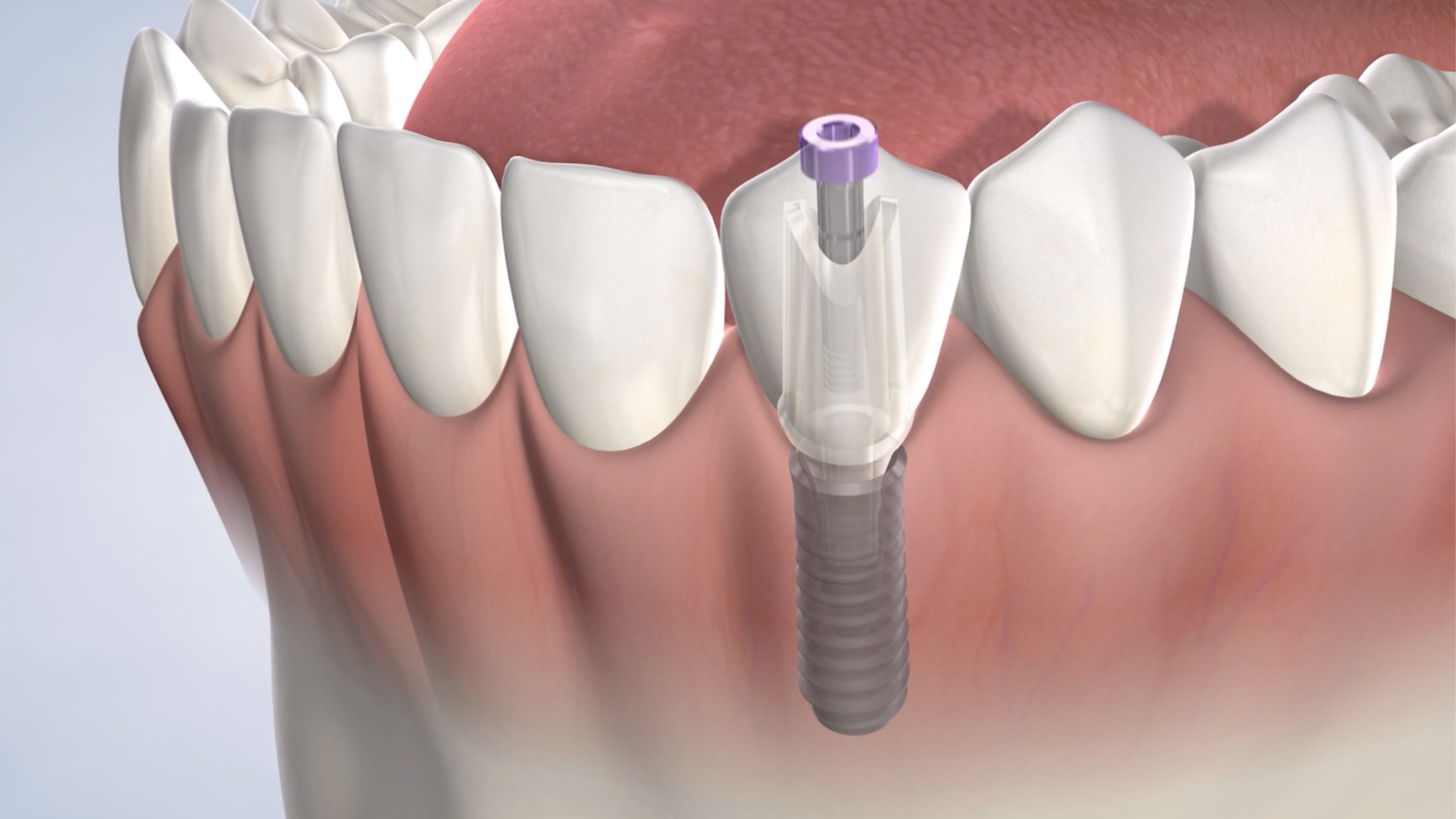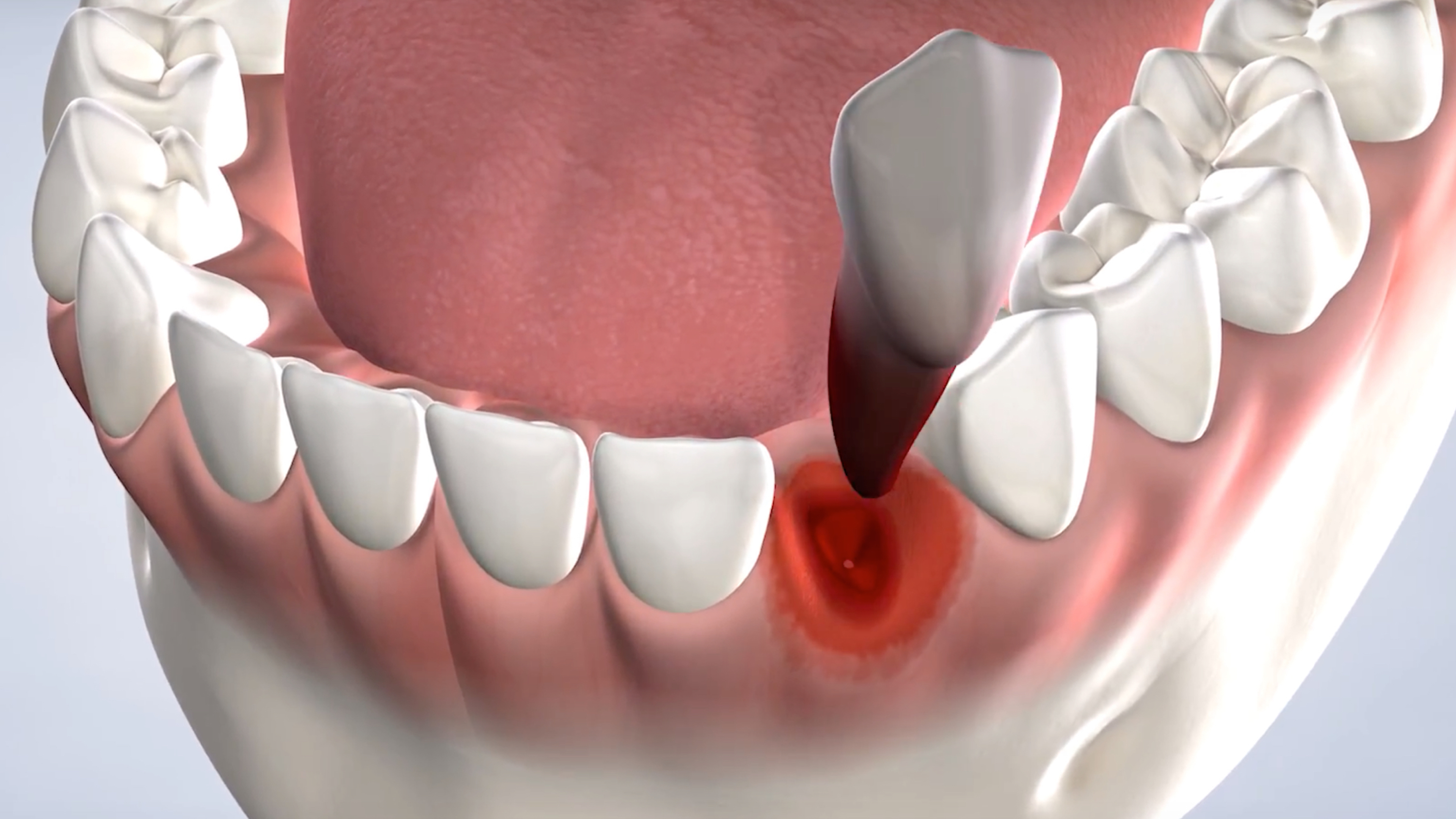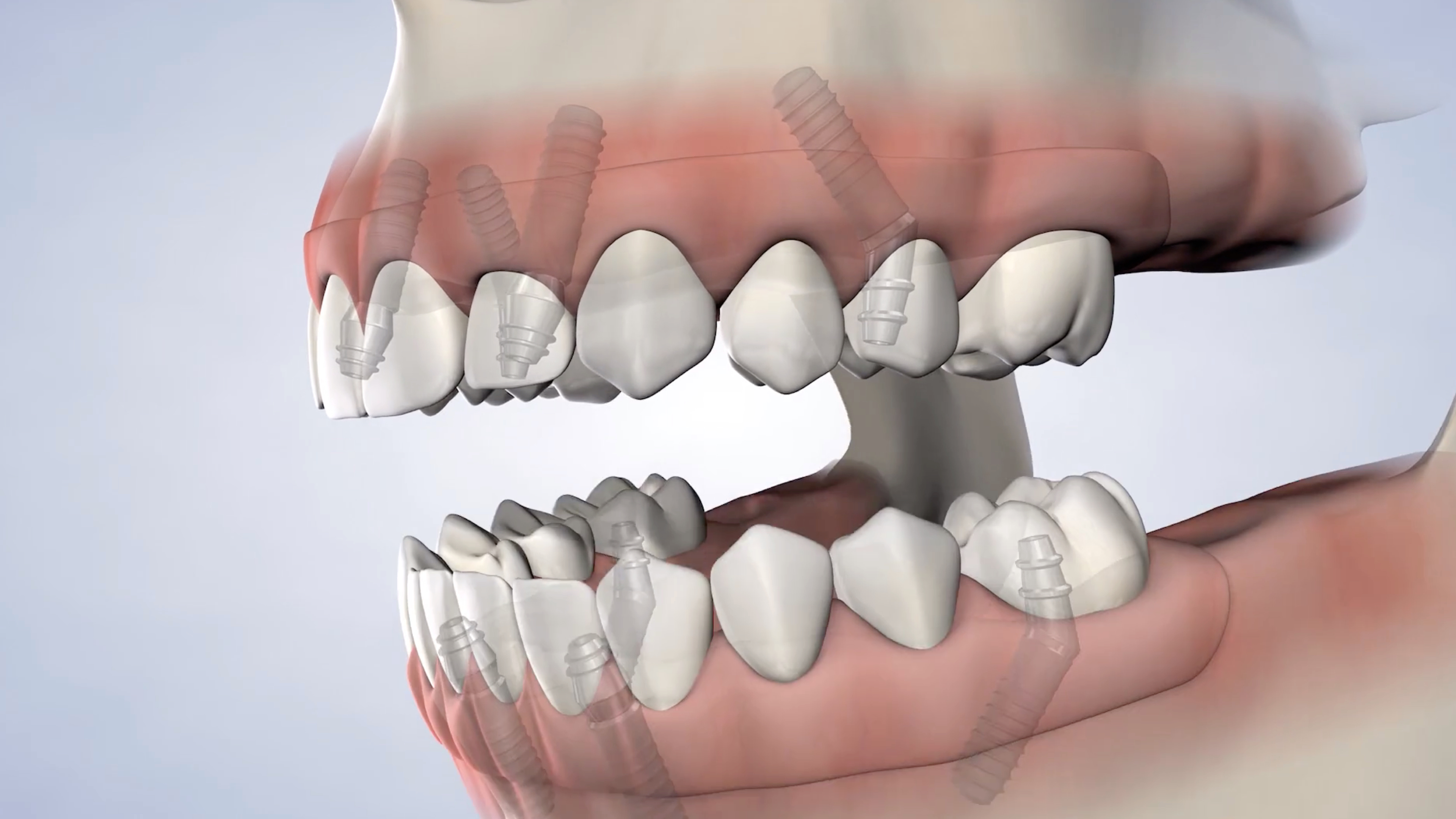Oral Surgery in Madison, WI
For 53 years, our team of board-certified oral and maxillofacial surgeons have provided exceptional services to the Madison, WI community. From dental implants to wisdom teeth extractions, full-arch restorations, bone grafting and more, our skill and care provide positive patient outcomes for any procedure.Hear Stories From People Just Like You
Featured Oral Surgery Procedures
Madison Oral Surgery & Dental Implants is proud to provide a wide scope of procedures for patients of all ages.
Elevating Your Oral Surgery Experience
At Madison Oral Surgery & Dental Implants, we're dedicated to ensuring every patient's journey through oral surgery is nothing short of exceptional. From our compassionate approach to personalized treatment plans and state-of-the-art imaging technology, our team is committed to delivering safe and predictable outcomes.
Oral Surgery Procedures in Madison, WI
Our practice offers a comprehensive range of oral and maxillofacial surgery services tailored to patients of all ages.
Dental Implants
Whether it's restoring a single tooth or transforming your entire smile, dental implants offer a reliable solution. Our team crafts personalized treatment plans to help you reclaim confidence in your smile, guiding you through every step of the process.
Wisdom Teeth Removal
Wisdom teeth, or third molars, often bring about various oral health challenges, from impaction to infection. Our preventive approach to wisdom teeth removal ensures timely intervention, promoting oral wellness and preventing future complications.
Why Choose an Oral Surgeon
Oral and maxillofacial surgeons like Dr. Lorge, Dr. Koob, Dr. Hoyer, Dr. Streff, Dr. Reiland, Dr. Walsh, Dr. Ebben, Dr. Hauge, undergo extensive training and residencies to specialize in the intricate anatomy of the mouth, face, head, and neck. With a focus on patient well-being and expertise in diverse conditions, our surgeons prioritize your safety and satisfaction.
Ready to embark on your oral surgery journey with us? Schedule a consultation to learn more about our services and how we can transform your oral health and confidence.
Surrounding Cities
Our practice has two locations in Madison, WI. We take great pride in serving our local community and patients from the surrounding areas:
- Fitchburg
- Verona
- Sun Prairie
- Stoughton
- Monona
- Middleton
Find Us in Madison
Phone
(608) 274-0770Contact in Madison, WI
*Required Fields











